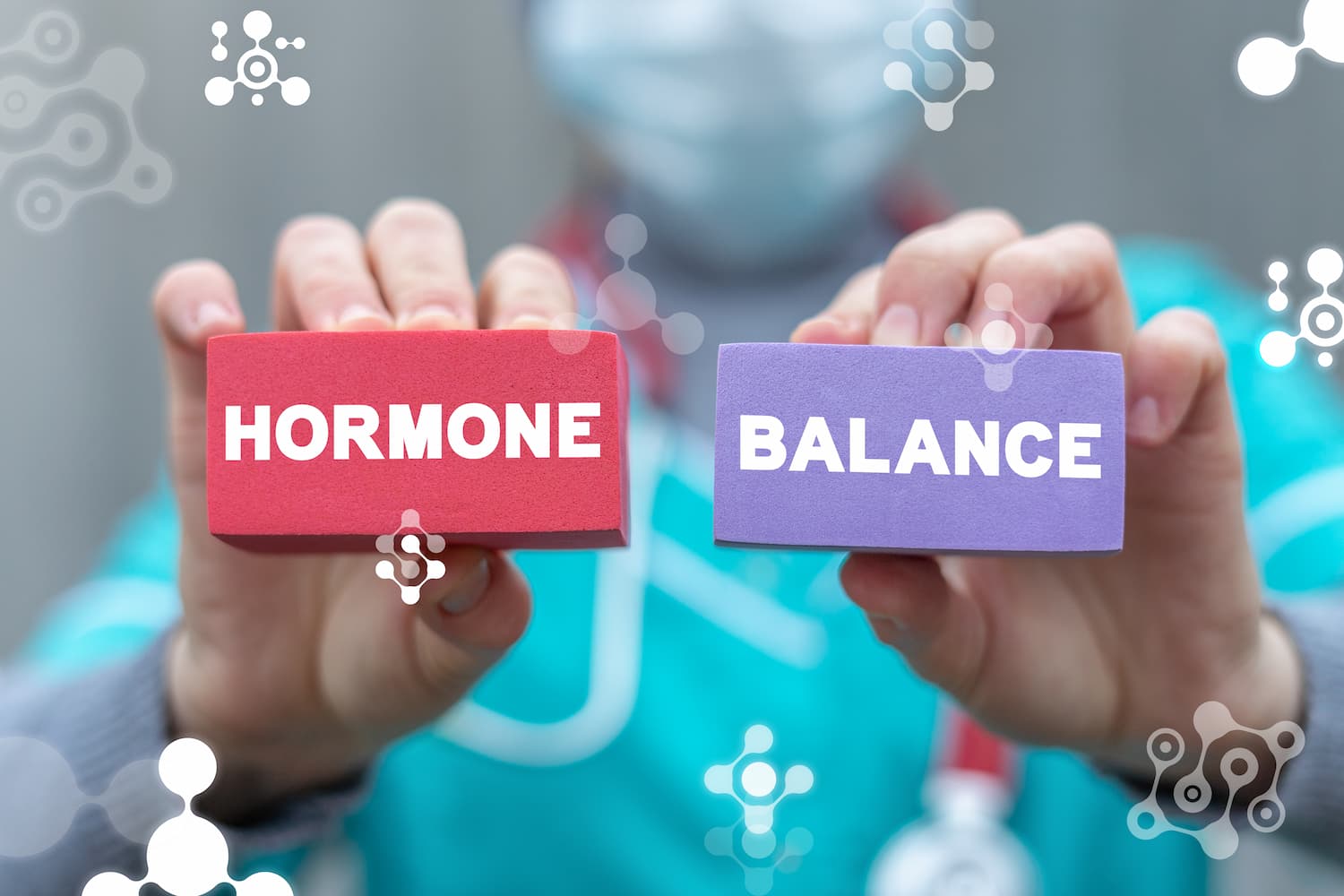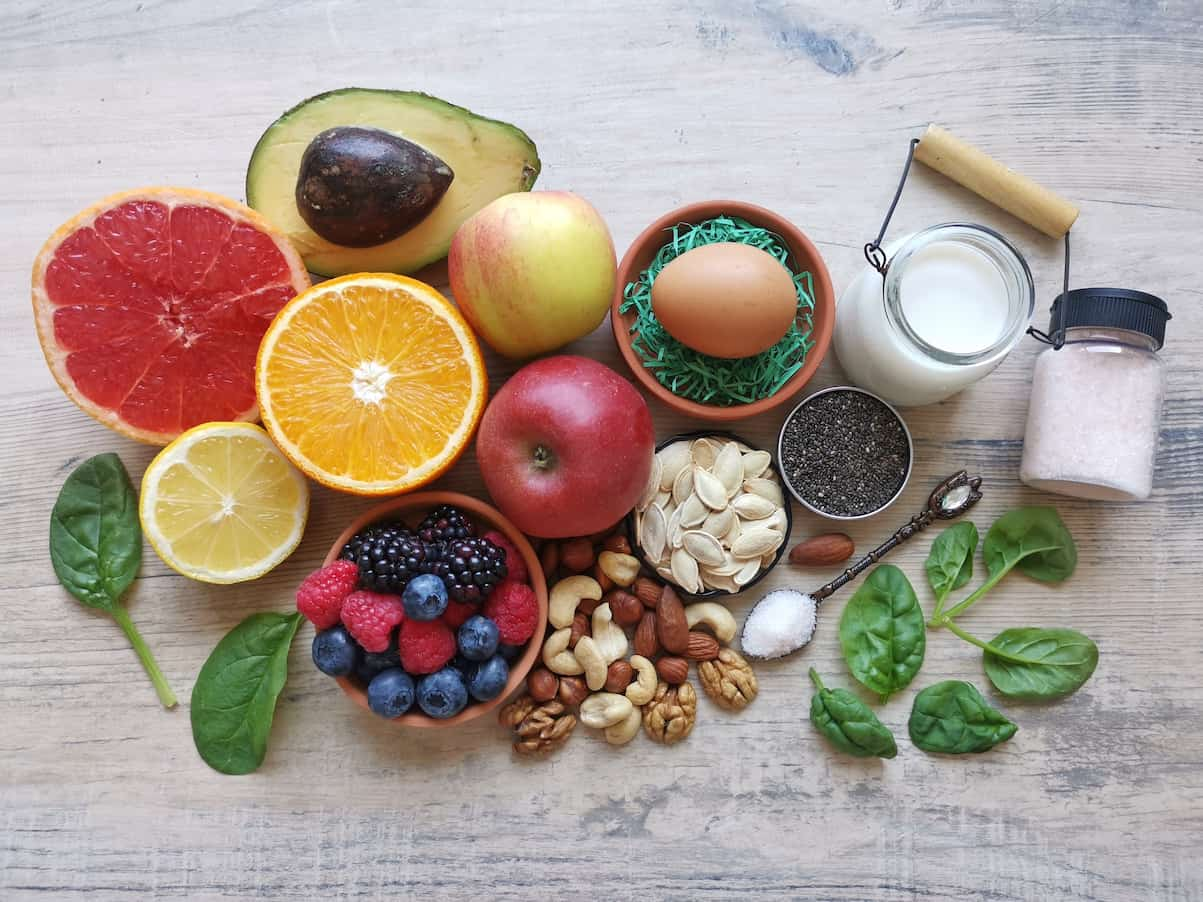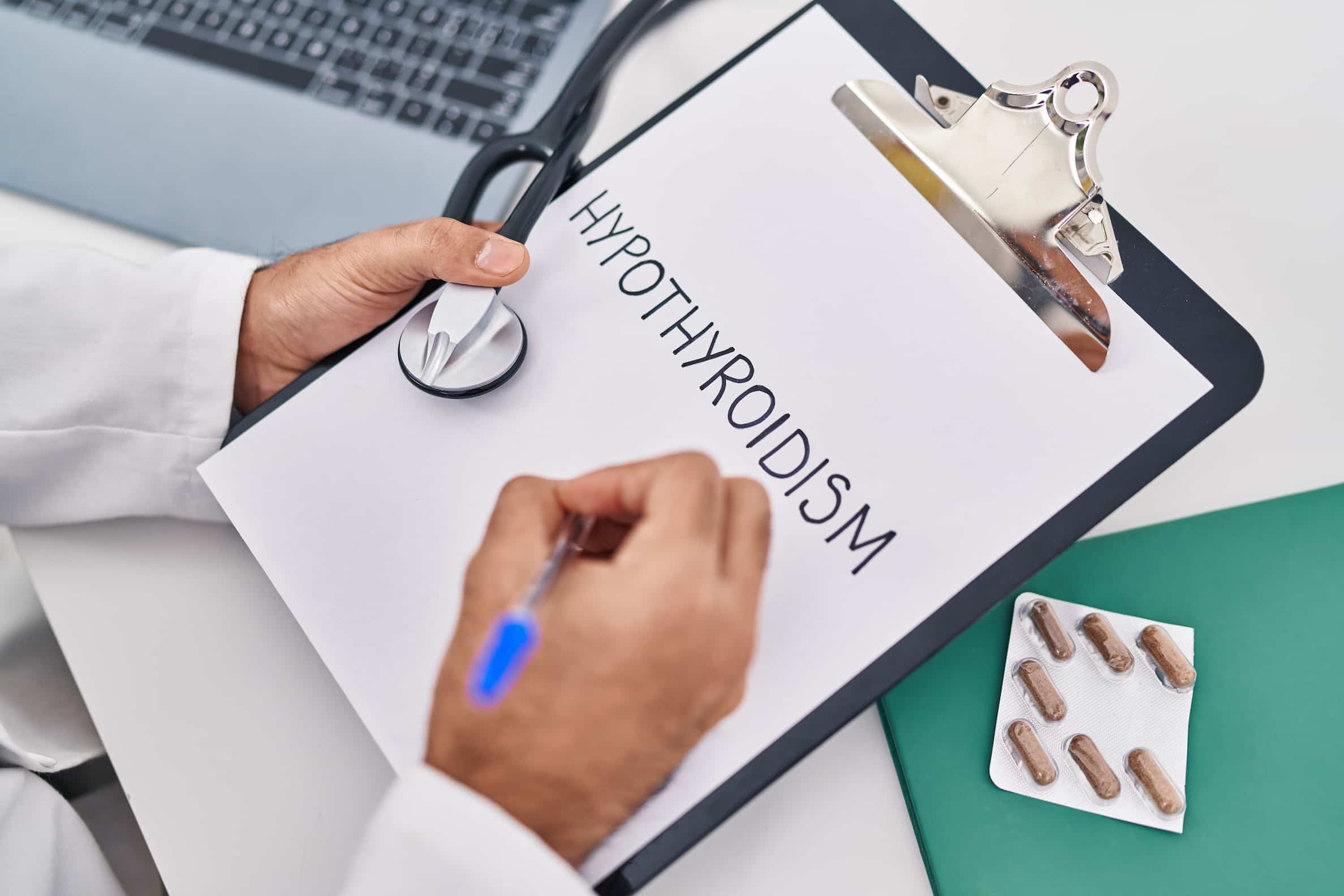
Balance Your Hormones
Are you experiencing mood swings, acne breakouts, or irregular periods? You might be dealing with a hormonal imbalance. Hormones play a crucial role in the proper functioning of your body, and even small changes can cause significant disruptions to your physical and emotional well-being. While there are medical treatments available for hormonal imbalances, it’s important to understand that there are also natural ways to balance your hormones. One of the easiest and most effective ways is through your diet. In this article, we’ll discuss the best foods for balancing hormones and how to incorporate them into your diet for hormone balance.
What Is Hormone Balance?
Hormone balance refers to the proper levels and interactions of hormones within the body. Hormones are chemical messengers that play a vital role in regulating numerous bodily functions, including metabolism, growth and development, mood, and reproductive health.
When hormones are in balance, they work together seamlessly to maintain the body’s overall health and well-being. However, when hormones are out of balance, it can lead to a range of physical and emotional symptoms, including fatigue, weight gain, mood swings, and reproductive issues.
Many factors can disrupt hormone balance, including stress, diet, environmental toxins, and medical conditions. Fortunately, there are also many natural ways to help restore hormone balance, including making changes to your diet, reducing stress, and getting enough sleep. By prioritizing hormone balance, you can help support your overall health and well-being.
How Can I Naturally Balance My Hormones Naturally?
When it comes to naturally balancing your hormones, your diet plays a crucial role. Incorporating certain foods into your daily routine can help regulate hormone levels and prevent imbalances. But first, it’s important to understand the role that hormones play in your body.
Hormones are chemical messengers that regulate different bodily functions, including metabolism, growth, and reproductive functions. Hormonal imbalances can cause various health issues, including weight gain, acne, mood swings, and irregular periods.
To naturally balance your hormones, start by eating a diet that’s high in whole foods, including fruits, vegetables, whole grains, and lean protein. Avoid processed foods, refined sugars, and unhealthy fats. Additionally, make sure you’re getting enough sleep and engaging in regular exercise, as these habits can also affect hormone levels.

What Are the Best Foods for Balancing Female Hormones?
Leafy Greens: Leafy greens are a fantastic source of phytoestrogens, which are plant compounds that mimic estrogen in the body. These compounds can help balance estrogen levels in women, which can lead to a more regular menstrual cycle and decreased symptoms of menopause. Examples of leafy greens include kale, spinach, and broccoli.
Avocado: Avocados are a great source of healthy fats, which are essential for hormone production. They also contain vitamin B6, which can help regulate hormone levels. Try adding avocado to your breakfast smoothie or as a topping on your salad.
Salmon: Salmon is rich in omega-3 fatty acids, which can help balance hormones and reduce inflammation in the body. This fish also contains vitamin D, which is essential for hormone production. Aim to eat fatty fish like salmon at least twice a week.
Fermented Foods: Fermented foods like kimchi, sauerkraut, and kefir contain probiotics, which can help regulate gut health. A healthy gut is crucial for proper hormone balance, as it’s where many hormones are produced and metabolized.
Berries: Berries are packed with antioxidants, which can help reduce inflammation in the body. They’re also low in sugar, making them a great snack option for those looking to balance their hormones. Try adding them to your breakfast oatmeal or as a topping on your yogurt.
Nuts and Seeds: Nuts and seeds like almonds, walnuts, and flaxseeds contain healthy fats, fiber, and protein. They’re also rich in minerals like zinc, which is essential for hormone production. Try adding them to your smoothie or as a snack.
Cruciferous Vegetables: Cruciferous vegetables like cauliflower, Brussels sprouts, and cabbage contain a compound called indole-3-carbinol, which can help balance estrogen levels in women. They’re also packed with fiber and other nutrients, making them a great addition to any diet.
Eggs: Eggs are a great source of protein and healthy fats, which can help balance hormone levels. They’re also rich in vitamin D, which is essential for hormone production. Try adding eggs to your breakfast routine or as a snack.
How Can You Fix Hormonal Imbalance
Fixing a hormonal imbalance can be a complex process and depends on the root cause of the imbalance. However, making changes to your diet and lifestyle can be a great place to start. In addition to incorporating the foods mentioned above, here are some other steps you can take to fix hormonal imbalance:
Reduce Stress: Stress can have a significant impact on your hormones, so it’s important to find ways to reduce it. Consider practicing yoga, meditation, or deep breathing exercises to help calm your mind and body.
Get Enough Sleep: Sleep plays a crucial role in hormone production and regulation. Aim to get 7-9 hours of sleep each night to help keep your hormones in balance.
Exercise Regularly: Exercise can help regulate hormone levels and reduce stress. Aim to engage in moderate exercise, like walking or jogging, for at least 30 minutes a day.
Avoid Toxins: Toxins found in our environment and food can disrupt hormone balance. Consider switching to natural cleaning products, avoiding plastic containers and canned foods, and choosing organic produce to help reduce your exposure to toxins.
Seek Medical Advice: If you’re experiencing significant hormonal imbalances, it’s important to seek medical advice. Your doctor may recommend hormone replacement therapy or other medical treatments depending on your specific needs.
The Study of Hormonal Imbalance
For instance, a recent study conducted by the National Institute of Health and published in the Journal of Nutrition and Health explored the impact of diet on hormone balance. The study found that a diet rich in leafy greens, such as kale and spinach, had a significant positive effect on estrogen levels in women. This supports the importance of including leafy greens in your diet to promote hormone balance.
What not to Eat for Hormonal Imbalance?
In addition to incorporating the foods mentioned above, it’s also important to avoid certain foods that can disrupt hormone balance. Here are some foods to avoid:
Processed Foods: Processed foods are often high in sugar and unhealthy fats, which can disrupt hormone balance. Choose whole foods instead and avoid processed snacks like chips and candy.
Refined Sugars: Refined sugars can cause a spike in insulin levels, which can disrupt hormone balance. Avoid sugary snacks and drinks, and instead opt for natural sweeteners like honey or maple syrup.
Alcohol: Alcohol can disrupt hormone balance and cause liver damage, which can further disrupt hormone production. Limit your alcohol consumption to one drink per day or less.
Soy Products: While soy products can be a great source of plant-based protein, they also contain phytoestrogens that can disrupt hormone balance in some individuals. If you’re struggling with hormonal imbalances, consider limiting your soy intake.
Which Fruit Is Best for Hormones?
Berries are one of the best fruits for hormone balance. They’re packed with antioxidants, low in sugar, and high in fiber, making them a great snack option for those looking to balance their hormones. Other fruits that can be beneficial for hormone balance include avocados, which are high in healthy fats, and bananas, which contain magnesium and vitamin B6, both of which can help regulate hormone levels.
In conclusion, hormonal imbalances can cause a range of physical and emotional symptoms, but making changes to your diet and lifestyle can be an effective way to balance your hormones naturally. By incorporating the foods mentioned above, reducing stress, getting enough sleep, and avoiding certain foods, you can help regulate hormone levels and improve your overall health and well-being.




